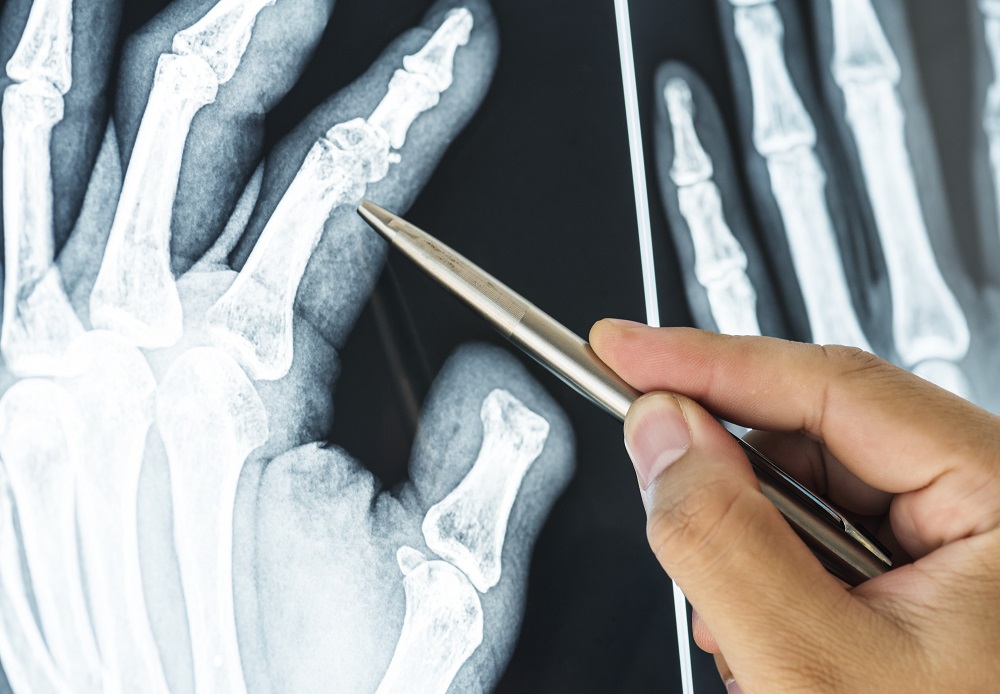5 Everyday Habits That Can Damage Your Joints Without You Realizing It
- September 28, 2024
- Uncategorized

We use our joints for every movement, yet many of us unknowingly put them at risk through everyday activities. Poor posture, prolonged sitting, and even improper footwear can place undue stress on joints, leading to pain and long-term damage. In this post, we explore five common habits that could be silently affecting your joint health—and provide simple changes you can make to prevent discomfort and preserve mobility.
1. Poor Posture
Slouching while sitting or standing can misalign your spine and strain your joints, particularly in your neck, shoulders, and lower back. Over time, this misalignment leads to chronic discomfort and long-term structural issues. Be mindful of your posture during work, especially if you spend long hours at a desk. Ergonomic chairs and lumbar support can make a significant difference.
2. Sedentary Lifestyle
Long periods of inactivity can cause joint stiffness and muscle atrophy, increasing your risk of injury. Simple activities like walking, stretching, or doing light exercises can help keep your joints flexible and your muscles strong. Aim to move at least once every hour, even if it’s just for a few minutes.
3. Wearing the Wrong Footwear
Shoes that lack proper arch support or cushioning can alter your gait, leading to joint problems in your knees, hips, and lower back. High heels and worn-out sneakers are common culprits. Invest in footwear designed for your activity level and foot type.
4. Overloading Your Joints
Carrying heavy bags on one shoulder or lifting weights with poor form puts extra strain on your joints. Always distribute weight evenly and lift using correct techniques. Consider using backpacks with padded straps and lifting with your legs, not your back.
5. Ignoring Minor Pain
Many people push through joint pain, assuming it will go away on its own. But minor aches can be early signs of joint damage. Pay attention to your body’s signals and consult an orthopedic specialist if pain persists. Early intervention can prevent more serious issues later on.
Takeaway
Joint health is critical for maintaining an active lifestyle. By identifying and correcting these everyday habits, you can protect your joints from unnecessary stress and injury. Small adjustments can lead to long-term benefits for your mobility and overall wellness.
